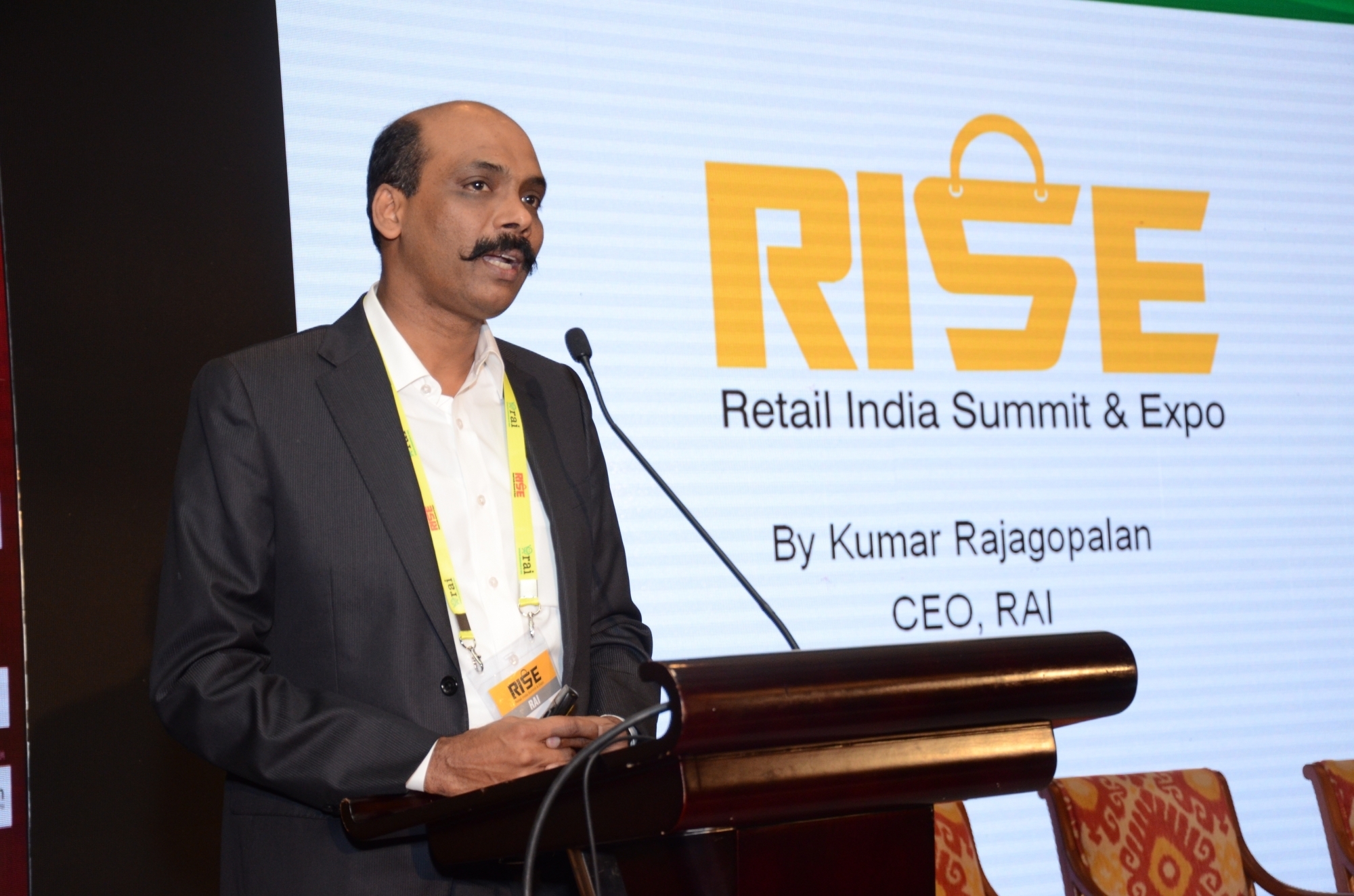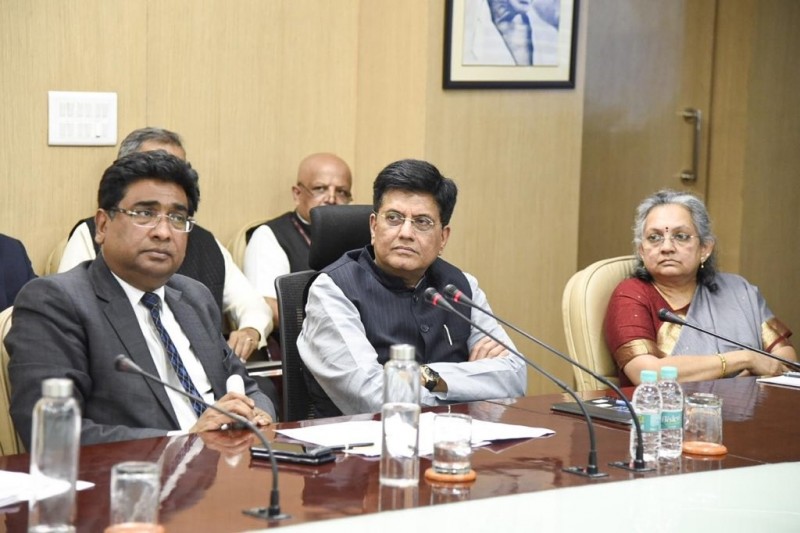The Retailers Association of India (RAI) has partnered with the Centre and other players in the retail and food segment to launch, the ‘Food Soldier Project’, an initiative to ease supply of essential products in the wake of the ongoing nation-wide lockdown.

“‘Food Soldiers’ are all those individuals engaged in the supply, storage, retail and delivery of essential products who are risking their lives to ensure consumer needs for food and essentials are met,” an RAI statement said.
The initiative is a strategic approach with three main objectives including optimising the supply chain for retailers of all sizes, including ‘kiranas’, ensuring that there is adequate staff in the stores and ensuring that consumers get timely delivery of essential goods in the comforts of their home.
The industry body said that modern retail has de-grown by 30-40 per cent in the last 15 days due to supply chain problems, shortage of manpower with attendance below 30 per cent and lower customer entry due to social distancing.
Presently, consumers are buying pure low margin items and hence the reduced sales give a margin of around 12 per cent against the normal 21 per cent.
“Compulsory direct home delivery is not viable in a country where e-commerce is only 2 per cent. However, considering the large network of Kirana stores of close to 12 million, Indians are not as severely impacted as the rest of the world for access to daily need items,” said the statement.
It further said that considering the acute shortage of manpower due to the exodus of workers and travel restrictions during the lockdown, offline stores are finding it difficult to manage walk-in customers and home deliveries at the same time considering.
To ease the situation and mitigate bottlenecks in the supply chain, RAI has formed effective WhatsApp groups across states which comprises of participation of government officials and representatives of private entities including big corporate and retailers.
“Furthermore, steps are being taken to deploy the workforce that is employed with non-food retailers in the stores that are selling essentials to overcome the shortage of manpower. RAI is also in discussions with online food delivery firms like Swiggy and Zomato to tie-up with retailers for the last-mile delivery of essentials,” it said.
With these steps RAI expects the situation to improve in the next three to four days.









